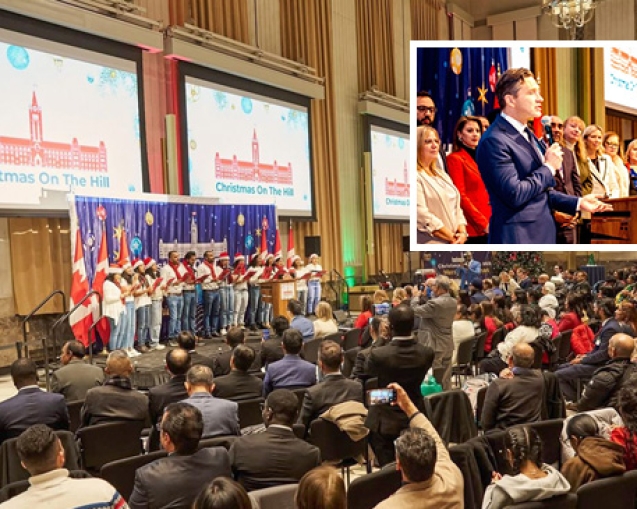INTRODUCTION
National development is a multifaceted concept that encompasses economic growth, social progress, and the overall well-being of a nation’s citizens. While economic factors such as infrastructure, technology, and capital investment play crucial roles in development, the role of morality in national progress should not be underestimated.
Morality, often rooted in ethics and values, serves as the bedrock upon which sustainable and inclusive development can thrive. In this article, we will explore the principal role of morality in national development and its impact on society.
SOCIAL COHESION AND STABILITY
One of the fundamental contributions of morality to national development is the promotion of social cohesion and stability. A morally upright society is more likely to be cohesive, with its citizens respecting the rule of law, valuing diversity, and fostering a sense of community. In such an environment, social tensions, conflicts, and divisions are minimized, allowing for a more stable and harmonious society. Social stability is a prerequisite for any nation’s sustainable development as it creates an atmosphere conducive to progress.
TRUST AND COOPERATION
Morality also plays a pivotal role in building trust and cooperation among individuals, communities, and institutions. In a society where people trust one another and cooperate for mutual benefit, economic activities thrive, investments flow more freely, and innovation flourishes. Trust is a key ingredient in business transactions, governance, and international relations, all of which are vital for a nation’s development.
ETHICAL GOVERNANCE
Ethical governance is a cornerstone of any well-developed nation. Leaders who adhere to moral principles are more likely to make decisions that prioritize the common good over personal interests. They are accountable to their citizens, maintain transparency in their actions, and work towards reducing corruption. Ethical governance not only ensures that resources are allocated efficiently but also builds public confidence in the government’s ability to foster development.
SOCIAL WELFARE AND INCLUSIVITY
A moral society recognizes the importance of social welfare and inclusivity. It strives to ensure that the benefits of development are accessible to all citizens, regardless of their socio-economic background. Morality compels a nation to address issues such as poverty, inequality, and discrimination, which can hinder progress. Inclusivity, in turn, fosters a workforce and citizenry that is better equipped to contribute to national development.
ENVIRONMENTAL SUSTAINABILITY
Environmental ethics are an integral part of moral considerations in national development. A nation that values the environment and takes steps to preserve it for future generations is more likely to achieve sustainable development. Morality drives policies and practices that promote responsible resource management, reduce pollution, and mitigate the impacts of climate change.
GLOBAL REPUTATION AND COOPERATION
The moral standing of a nation on the global stage can significantly impact its development prospects. Nations that adhere to international norms and values are more likely to engage in productive diplomatic relations, trade agreements, and international cooperation. A strong global reputation can attract foreign investments, technology transfers, and collaborations that further a nation’s development goals.

CONCLUSION
In conclusion, morality plays a principal role in national development by fostering social cohesion, trust, ethical governance, social welfare, environmental sustainability, and global cooperation. While economic factors are undoubtedly crucial, a morally upright society provides the foundation upon which sustainable and inclusive development can thrive. It is imperative for nations to recognize the intrinsic value of morality in their pursuit of progress and well-being for their citizens. This was reechoed through the comminique issued during the recently-held All Ministers Conference (AMC), an interdenominational conference for ministers organised by The Church of Pentecost as a follow-up to the National Development Conference (NADEC).
Now is the time for Ghana as a nation to unite and rally together towards this shared agenda, so as to change the fortunes of our beloved nation for ever.


















